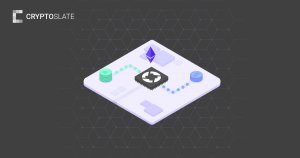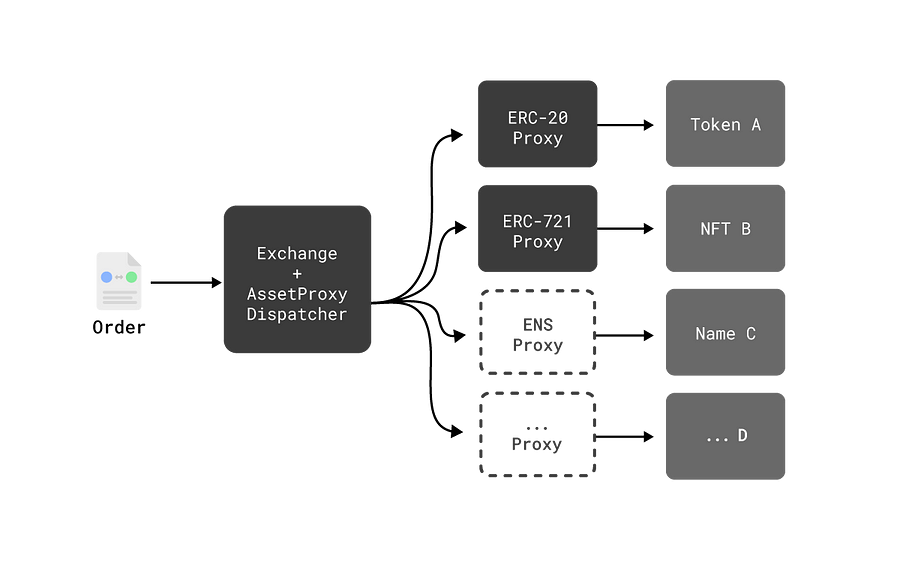0x V2 Update to Support Ethereum ERC-721 Token Swaps
Photo by Andrea Boldizsar on Unsplash
The decentralized exchange protocol, 0x, announced a significant update in the form of V2. With a projected launch of July, the newest version brings some exciting features for trading tokenized assets.
The Ethereum-based protocol acts as a communication layer for DEXs, known as decentralized exchanges, to facilitate a standardized trustless P2P token exchange layer without the need of a third party. In light of the Mt Gox and HitBTC hacks, the need for dApp-based open source exchange protocols is more apparent than ever.
Open Standards for All Exchanges

The 0x protocol brings a level of industry standardization to exchanges unseen in the current climate. By creating a standardized protocol for exchanges to operate on, 0x essentially provides the ability for anybody with the prerequisite resources to create an entirely new decentralized exchange platform for themselves.
0x offers a novel solution to the problem of illiquidity amongst exchanges. Since all cooperating exchanges using the 0x protocol operate on the same infrastructure, the network provides networked liquidity that would not be possible with all entities using proprietary exchange software.
Introducing 0x v2.0: The protocol for trading everythinghttps://t.co/CNCfgyY0Gk
— 0x (@0xProject) May 15, 2018
The protocol operates as a series of smart contracts on the Ethereum mainnet, with the first deployed in August 2017. Current there exist 15 layers 0x relayers, the protocols name for supported DEXs, consisting of big names such as Augur, Maker and Request Network.
The recent trend of tokenized non-fungible assets, such as the collectible tokenized assets of CryptoKittes and EtherCraft lead the 0x protocol to provide the exchange of such assets through the ERC-721 standard. 0x allows for the transfer of not just currency but also tokenized assets like securities, derivatives and other tradeable unique tokens.
New Standards for Collectable Assets
While version 1.0 of the 0x protocol focused primarily on the burgeoning ERC-20 token ecosystem, the latest update has placed a significant focus on the economy of unique collectible assets.
To help the community effectively communicate with developers about the upcoming standard, 0x has taken feedback from the recent ETHDenver meeting in combination with the discussion in the EIP-721 GitHub and created the site ERC721.org to aggregate all relevant information on the subject.
To help facilitate the new standard and streamline the exchange protocol for other later updates, 0x has revised its proxy contract into Asset Proxies, enabling users to deploy a new proxy contract for each unique asset type.
Asset Proxies allow 0x to support future token standards without having to redeploy a single proxy, thereby creating a modular architecture for the protocol.

0x version 2.0 also brings support for new signature types, expanding beyond Ethereum ECDSA scheme allowing the exchange to support EIP-712, Trezor and will provide users the ability to define their verification functions within smart contracts.
This enables orders to be created using multi-sig, ring signatures, BLS or any other encryption scheme and doesn’t require future redeployment to support new use cases.
The 0x team has continued to iterate and build upon its core product and incorporate community suggestions to provide a much-needed service for the blockchain ecosystem. The project has carefully considered the changing landscape of digitized assets and adapted to suit. The 0x project looks to be a valuable tool in the helping to provide a reliable and secure exchange networked exchange platforms.





































































































